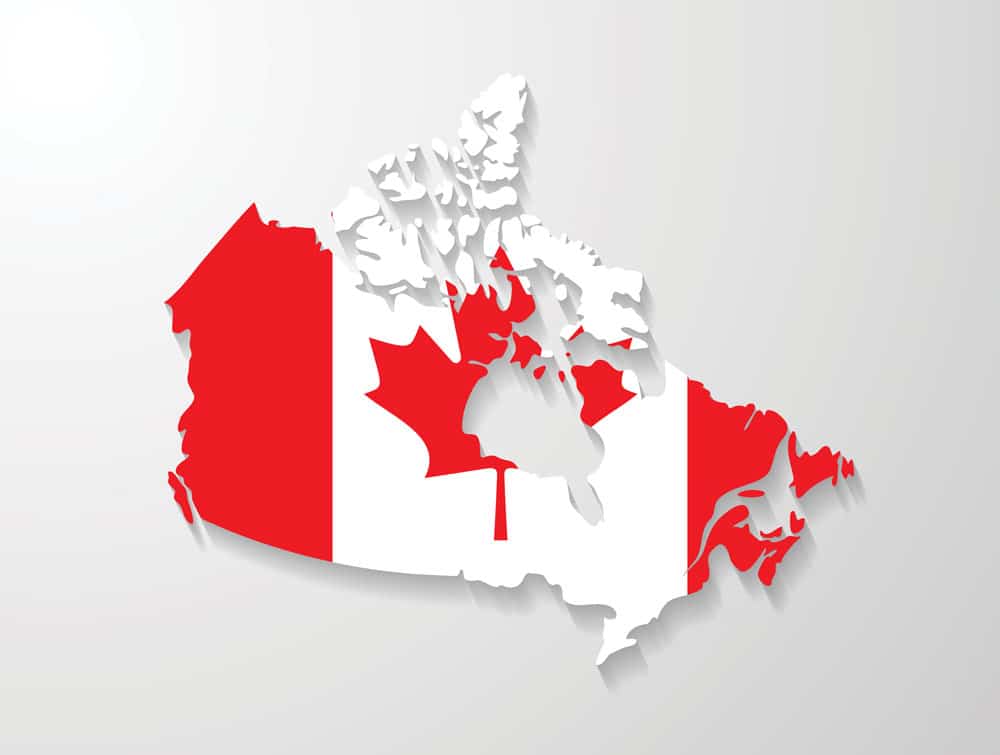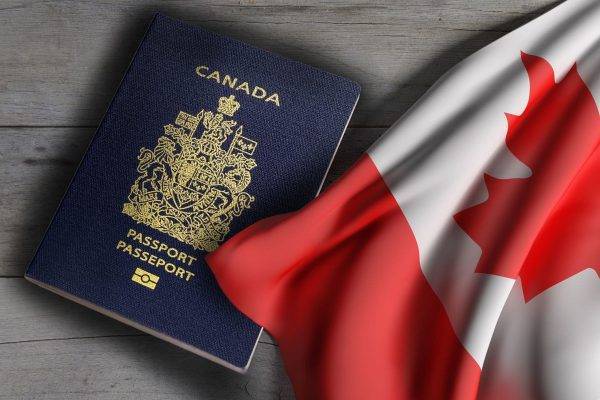Provincial Nominee Program Canada: A Complete Guide

The Provincial Nominee Program (PNP) is put together by Immigration, Refugee, and Citizenship Canada (IRCC) as one of the many options for foreigners to migrate to Canada. Canada is one country that very many people are interested in living in because of the opportunities it presents. To live in Canada, the IRCC has some avenues where foreigners can apply through.
How Does Canada’s Provincial Nominee Program Work?
The provincial nominee program admits foreigners into Canada via a nomination. How does this work? For example, someone who is applying for permanent resident status can be nominated by a particular province in Canada. this nomination is weighty and can earn the applicant the desired permanent resident permit amongst a pool of thousands applying.

The provincial nominee program allows provinces and territories to nominate immigrants in their provinces or jurisdiction for permanent residency. The nomination is done to the office of Immigration, Refugee, and Citizenship Canada. It is one way many immigrants look out for to get easy issuance of permanent resident permits.
Just like having an employment letter from an employer when applying for a permanent residence permit will make you more likely to get the permit, PNP Canada also boosts your points in the comprehensive ranking calculator. For the Provincial Nominee (PN), it is only in very rare cases that they do not get the PR status. While this program is an easy way out of the pool, the IRCC still reserves total rights based on the comprehensive ranking system to select successful applicants.
From statistics, it is shown that the majority of provincial nominees who are successful in getting a permanent residence permit are usually applicants who have previously had a temporary residence status, either a work permit or study permit. Over 65% are applicants with temporary permits. Provincial nominees do not reside outside of the province or territory that nominates them for their residence permit. You must settle where you got nominated.
Other Immigration Programs in the Express Entry System
Apart from the Provincial nominee program in Canada, you can migrate to Canada through the Federal Skilled Worker Program (FSWP), Federal Skilled Trades Program (FSTP), Canada Experience Class (CEC), and other avenues that can give you a temporary residence permit.
Federal Skilled Worker Program
For this program, applicants must be highly educated. A successful applicant for the federal skilled worker program as the name implies must also have skilled work experience and of course, pass the language test. These are just the minimum requirements for this program. When an applicant meets the above, the IRCC can now assess other requirements and documents to be submitted.
Skilled work experience refers to professional and managerial jobs. These jobs must have been based on payment as internships or other volunteering roles do not count as work experience in FSWP. Also, student work experience counts on a conditional basis. Student work experience will be job roles that applicants garnered as students. They can only count if they were also not voluntarily.

Federal Skilled Trades Program
To be eligible for the Federal Skilled Trades Program (FSTP), you must be qualified in a skilled trade. While the eligibility emphasis on the Federal skilled workers’ program is the candidate’s work experience, the emphasis on the federal skilled trades program is a skilled trade, as the name suggests.
The minimum eligibility requirement here is having proficiency in one of the official languages of Canada, and experience of at least two consecutive years in a skilled trade within the last five years of submitting your application. However, the National Occupation Classification (NOC) does not recognize all trades as skilled trades.
Each province accesses the trades of applicants on arrival. Also, provinces do not regulate all trades, so there can be instances where applicants who want to settle do not have their trades regulated by the province. you can find more about trades assessment on the province or territory’s website. If your trade is not regulated by the province, this does not necessarily mean that it does not have federal regulation. The Canadian Information Centre for International Credentials provides ample information on trade regularization.
Canadian Experience Class (CEC)
Again, language test is important for the Canadian experience class. Asides from this, the applicant must have worked for at least one year in Canada. Because this is an application for permanent residence status, the applicants in this category should have at least lived in Canada before as temporary residents. Thus, those eligible for the Canadian experience class are those who have lived in Canada before with a temporary residence status.
If you are in this category, your skilled work experience with your work permit is what counts. Applicants must have at least one year of experience within the immediate past three years from when the application is made. Work experience that was not gained as temporary residents does not count and of course unpaid roles or unauthorized work. Apart from these, other requirements are similar to what is obtainable in the other programs except that CEC does not require educational qualifications.
Canada is a bi-lingual country and to become a resident, whether temporary or permanent, you must have knowledge of at least one of these languages (English and French). That is why the language test is a compulsory eligibility requirement for whatever program you apply for. The Canadian government has put together language testing. An applicant can take one of the language tests to prove their ability to communicate.
How to Become a Provincial Nominee
You can be applying for a permanent residence permit under any of the programs mentioned above and at the same time, be a provincial nominee. A provincial nominee is an applicant that is nominated by a particular province or territory for a permanent residence permit. It is an added advantage to every applicant. One question that has been widely asked is: does PNP guarantee PR. Read on to know.

Research shows that applicants in the PNP usually have a record of getting even more prestigious jobs than those in the Federal Skilled Worker Program especially in their first five years after getting their PR. Their profiles tell more than regular applicants especially because it will take exceptional applicants to be credible enough for any province to nominate them.
However, applicants who get their PR via the Canadian Experience Class tend to have more prestigious jobs than PN because, of course, their profiles provide organic work experiences. The CEC and PNP can offer applicants jobs that match their skills and experience, and sometimes even higher than their skill demands. The advantages are quite enormous.
It is usually advised that applicants take interest in any province or territory for nomination asides from Quebec. The province of Quebec selects its skilled workers themselves. This selection is different from what happens in the provincial nominee program.
The newly introduced Express Entry Program in 2015 is how PNP Canada operates. Provincial nominees can first apply under any of the programs as detailed earlier. The provincial nominee program is keen on the economic development of provinces and territories. This is what it was built to do because the continuous growth of provinces and territories in Canada contributes to the collective sustainable development of the entire country.
So, to want to be a provincial nominee, being able to contribute to the economic growth of Canada with your skills, work experience, and quality education is first important. If you fit into this first eligibility criterion, you can proceed to check out the province that is of interest to you. Getting to know the best places to live in Canada and the cost of living will help you in making a choice of the province to take interest in.
Provinces have a focused stream when it comes to nominating applicants. The streams are programs that are concerned with certain kinds of people like students, workers, tradesmen or people in businesses, and semi-skilled workers. So, for example, if you are a student who wants to become a provincial nominee in Quebec City because you like the life there or for some other reasons, you are very much likely to lose out on being a provincial nominee because Quebec is focused on nominating skilled workers.
This means that you still have the responsibility of researching the streams that different provinces are focused on to apply. Thereafter, you apply to the province you want for nomination in a non-express entry medium, if this is paper-based. If you are applying online, then contact the province or territory to nominate you. The province will respond with a notification interest if you are eligible and they agree to nominate you whether paper-based or online. However, if you are applying online with the express entry system, when you are nominated, create an express entry profile and provide proof of provincial nomination alongside other requirements in the express entry system.
When applying for your residence permit as a provincial nominee, knowing how to receive an invitation to apply is important. If your application is successful, you will be sent an Invitation to Apply (ITA). This is why you must know how to organize your application properly
Watch this to know which provincial nominee program is easiest to get the Canada PR.







Thank you for this insightful post, @Yutee
Nice